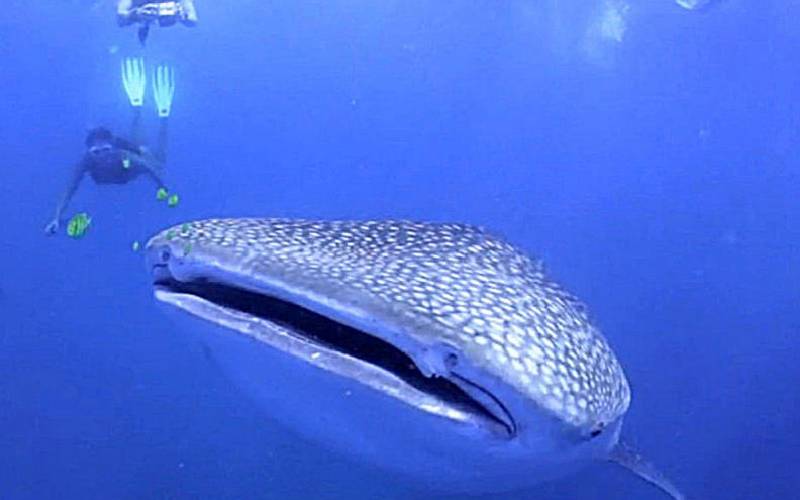×
The Standard e-Paper
Stay Informed, Even Offline

Tourism’s role in advancing the Blue Economy was highlighted as UNWTO chaired a special session and joined a Heads of State panel at the One Ocean Summit, hosted by the French Presidency this week.